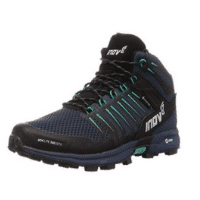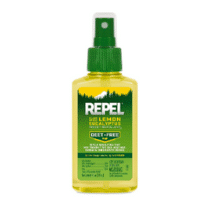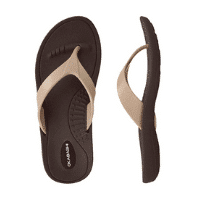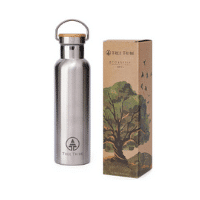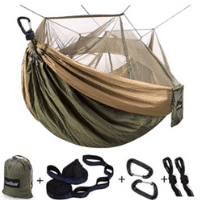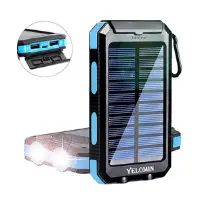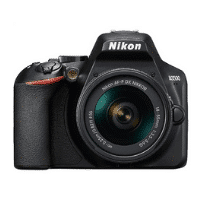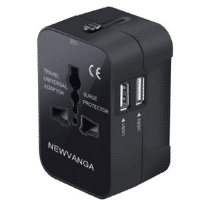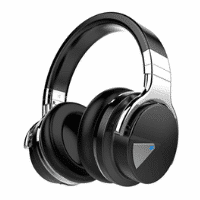Welcome to the ultimate packing list for Greece, we hope you enjoy!
Did you know that Greece is one of the sunniest countries in Europe? Rhodes for example has about 300 days of sunshine every year.
And there’s more: In terms of biodiversity, Greece is one of the richest countries of the European Union. It is also considered the cradle of democracy and the most sexually active nation in the world.
But you probably already know that (or have other good reasons to travel to Greece). You have decided that you want to explore this beautiful country.
Now it’s time to create a packing list for Greece.
Let’s take a look at the essentials, the good-to-haves, the leave-at-homes and some further information that will make you become a Greece expert in no time.
And most importantly – make sure to download your packing list for Greece to print and check off each item.
(Some links in this post may be affiliate links. If you make a purchase through one of these links, we may earn a small commission at no extra cost to you. Please see our disclosure policy for more detail.)
Packing List For Greece – Travel Essentials
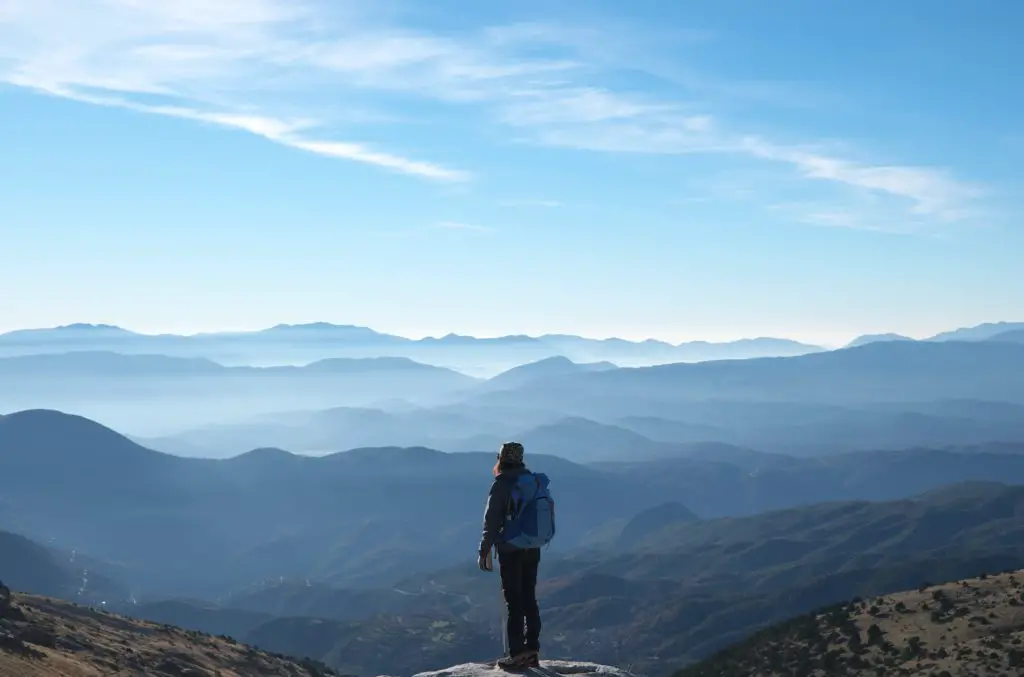
Let’s start with the essentials – items that you will most likely use on a daily basis and would miss terribly if you had forgotten them.
Travel Towel
Whatever you are going to be doing on your Greece trip – a travel towel will come in handy. Use it as a beach towel, for workouts, yoga sessions or for your hostel shower. My favorite is this one made from recycled plastic bottles (whilst still being super soft!).
Hiking Boots
Mosquito Repellent
Greeks swear by some natural remedies to get rid of mosquitoes and treat bites. If you don’t want to rely on that, bring plant-based insect repellent.
Sun Protection
Compared to countries like South Africa, the Greek sun is not as intense. However, especially when traveling in peak season, you should definitely bring sun protection.
Flip Flops
Flip flops are undoubtedly an essential packing item. They are comfy, easy to use and breezy. These flip flops are made from recycled plastics and completely recycable – just send them back to Okabashi.
Also check out Okabashi’s bestseller for men.
Backpack
Let’s face it – you need a proper backpack for your day trips. It needs to be large enough to fit water, sun protection, your towel, your valuables, your hammock and whatever else you bring along. And to withstand all your outdoor adventures, it should also be waterproof.
Water bottle
Bring a reusable water bottle. It will keep you hydrated and your drinks cool. And it basically lasts forever – probably as long as every single-use plastic water bottle (that you would have had to buy instead) takes to decompose.
Travel Hammock
One of my all time favorite travel accessories. Hang it up between two pine trees or whatever else you can find and take a break from your hike, spend the day by the beach or the night under the stars. This one comes with a mosquito net – totally worth it!
Packing List For Greece – Electronics
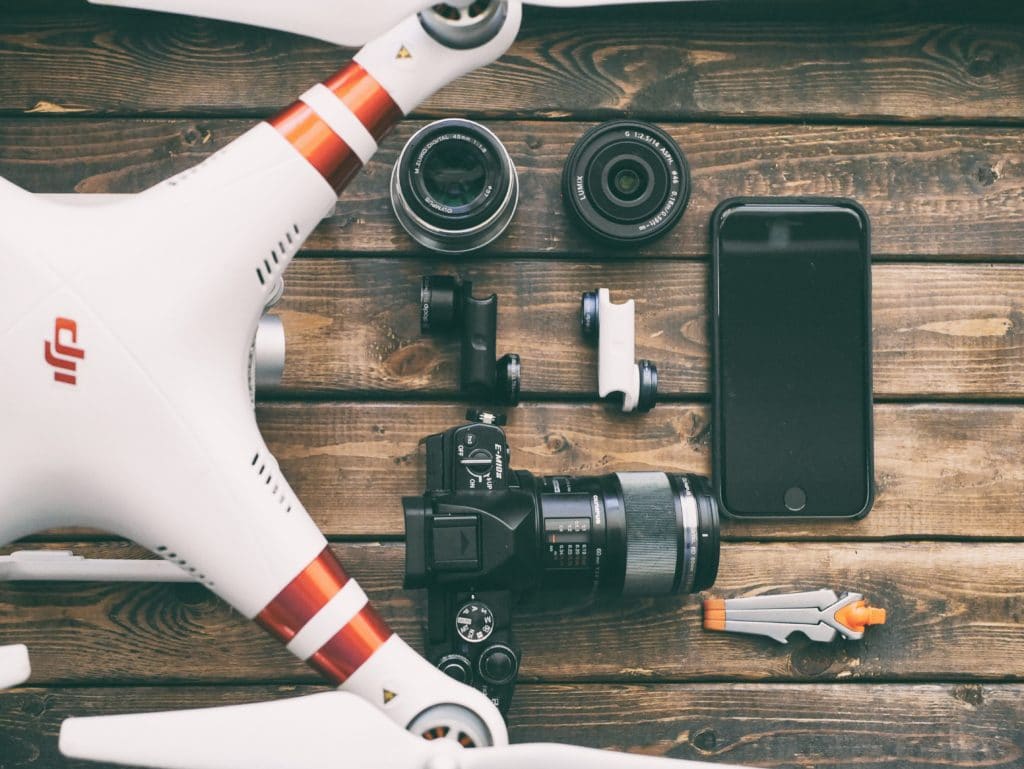
No matter how light you pack, a few basic electronic devices will most likely be on your packing list for Greece. Here’s what I think adds value to your Greece adventure.
Kindle
Books are awesome and when at home I love reading the paper version. But if you want to travel light and maybe also bring a travel diary, there is not much space for your favorite novels and travel guides anymore.
In my opinion, the Kindle is high up on the list of underrated items – a light, waterproof magical tool that holds thousands of books.
Power Bank
A power bank will come in handy on long ferry rides while island hopping in Greece and for all kinds of outdoor activities, such as camping and hiking. There are many great solar powered chargers out there, one of them being the Yelomin outdoor mobile charger, which is featured with a compass and two bright LED flashlights.
Camera
I personally have always been very happy with my Nikon D7500. A great entry level camera from Nikon is the D3500.
Lenses
If you are into photography and want to go all in, a wide-angle lens could complement your camera set. Oh, and you can still be a professional photographer without a camera – just bring a wide-angle lens for your phone.
Flexible Tripod
A tripod can help you capture the most beautiful moments of your adventure in Greece, with your camera or your phone. Make sure yours is lightweight and waterproof.
Additional Camera Gear
Don’t forget to bring
- additional SD cards
- cleaning cloths
- a camera strap
- your chargers
- maybe an extra battery
- your camera bag

Travel Adapter
To make sure that you can actually charge all your devices, bring an international all-in-one travel adapter.
Headphones
In my opinion, one of the most important items on your packing list for Greece. Think long ferry rides and lazy beach days with your favorite songs and podcasts.
Packing List For Greece – Important Documents
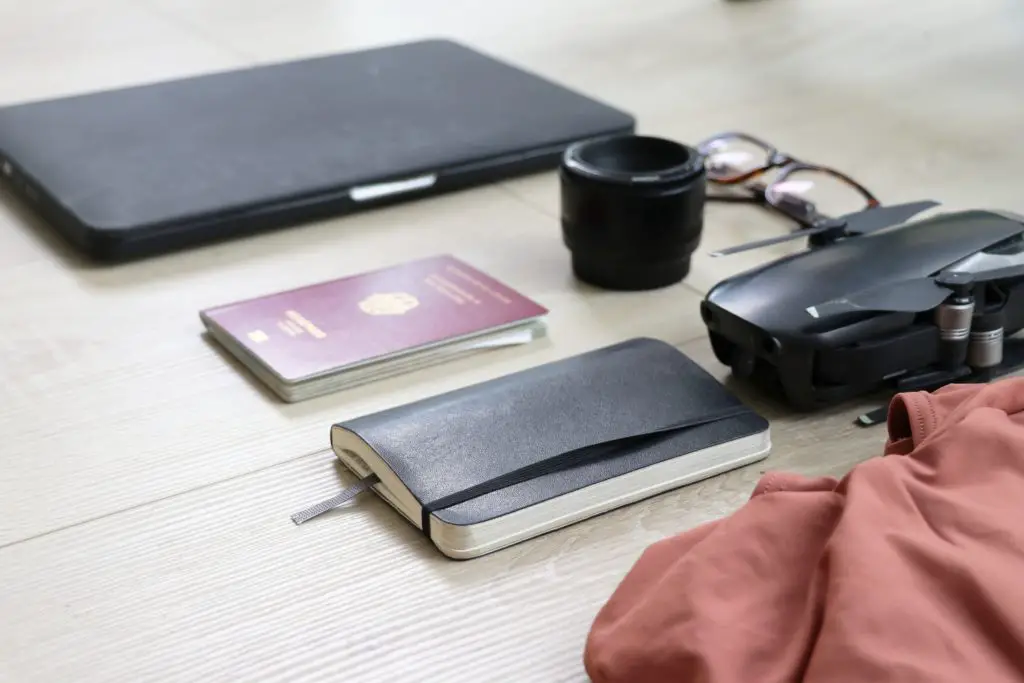
This may not be the most exciting part, but is very important. There are a few documents that can’t be missing on your packing list for Greece.
- Passport. First things first. Without it, you won’t get far.
- Credit card. Visa or Master Card.
- Debit card. You will be paying in cash a lot in Greece. Most large islands and the mainland have lots of ATMs wherever you go. If you plan on exploring rather remote islands, stock up on cash to be on the safe side.
- Drivers license. And an international driving permit. Very important in case you’d like to rent a car or scooter.
- Travel insurance.
Make sure you carry your important documents in a safe spot (some people swear by passport holders and water-, fire- and probably zombie invasion-proof document bags – I personally think that an enclosed inside pocket of your backpack is perfectly fine).
Make a copy of each document and carry a printed version in a different spot. Also upload a digital version to your cloud.
Packing List For Greece – Toiletries

What you bring and what you leave at home really all depends on what kind of traveler you are. From a backpacker’s perspective, my advice is: Travel light and ditch everything you won’t use on a regular (almost daily) basis.
Deodorant
The Mediterranean sun can be hot and you are going to be sweating. Bring natural deodorant!
Shampoo Bar
Compact, light, all natural and eco-friendly – bring a shampoo bar instead of bulky bottles. Also check out the men’s bar soap, which functions as beard wash, shampoo, body wash and conditioner.
Toothbrush & Toothpaste
I guess these items speak for themselves. If it’s time to buy some new toothbrushes, consider the plastic-free version.
Menstrual cup
The cheaper and more sustainable alternative to tampons. Especially when it comes to traveling, this item makes life much easier. Say goodbye to stressful last-minute searches for drug stores in the middle of nowhere, unnecessary expenses and – most importantly – chemicals that harm the environment and your body.
A great choice is this award-winning sustainable menstrual cup from OrganiCup.
Other Useful Items

- Activated Charcoal
An all-rounder to treat an upset stomach, hangovers or small wounds.
- Dry Bag
To keep your stuff dry at all times, for example when kayaking.
- Underwater camera
The perfect tool to capture your underwater adventures.
- Money belt
Keeps your valuables safe and hidden from pickpockets.
- A light cover up for beach days
Made from 100 % organic cotton.
- Comfy Yoga pants for all kinds of outdoor activities
In summer, bring a shorter one.
- Sunglasses
For protection from the Mediterranean sun.
- Small travel sewing kit
Something always breaks and needs spontaneous repair.
- First Aid Kit
For emergencies. Especially if you plan to go hiking a lot, you should carry one around.
Packing List For Greece To PRINT

Overrated Items

There are a few things that you really shouldn’t bring along. They just take up too much space and are impractical. While some of the following items can really come in handy in other places, scratch them from your packing list for Greece.
Umbrella
If you enjoy rain, Greece is not the place for you. It is very likely that you will only experience sunny days when traveling the Mediterranean country. Do yourself a favor and leave your umbrella at home.
Hair Dryer
The Greek sun will dry your hair in no time. Plus, Greece’s islands are the perfect place to rock your natural beach hair!
High Heels
And all other kinds of impractical shoes. Greece’s cobblestones and walking trails are often not suitable for fancy shoes. Plus, they take up lots of space. Rather bring a pair of sandals that you can easily combine with different outfits.
Too Many Socks
Definitely bring along some proper hiking socks. But don’t go overboard. You don’t need a pair for every day. First of all, they will dry easily under the Mediterranean sun, just wash them every few days. And second, I bet you will be wearing flip flops or exploring barefoot often. Who spends a day on the beach in shoes?
Weather in Greece

In general, the climate in Greece is shaped by hot, sunny summers and mild, rainy winters.
Spring in Greece
Spring is pleasant and sunny. By the way, May and June are two of the best months to travel to Greece, as it is already warm and sunny but not as crowded as in peak season.
Pack lightly and bring one fleeze jacket or warm hoodie for the evenings. Spring is the best time for hiking in Greece, as the weather is pleasant, but not too hot. Bring your hiking boots.
Summer in Greece
On the coast and the islands, the climate is Mediterranean. In summer, the sun constantly shines, it almost never rains and the days can get quite hot. The average temperature in July and August is 29°C (84°F).
You don’t need rain protection or long pants. Bring sunscreen and sun glasses.
Autumn in Greece
Autumn comes late in Greece, which means that September is still very warm and even in November, you can expect mild temperatures.
This season is great for hiking, as well.
Winter in Greece
Areas in the north of Greece, especially Epirus, Macedonia and Thessaly, experience cold winters. In the mountains, it often snows in the colder half of the year.
The southern part of Greece experiences rain showers on a regular basis. If you travel Greece in winter, bring a warm, waterproof jacket.
Keep in mind that most of the Greek islands turn into ghost towns in off-season. Don’t expect to find lots of open restaurants and accommodation.
Overview
- Hottest month: August
- Coldest month: January
- Wettest month: December
- Windiest month: August
ATHENS WEATHER
Accommodation in Greece

Accommodation in Greece ranges from small, family-run backpackers and guesthouses to high-end luxury apartments.
Moreover, there are over 300 campsites in Greece, which I highly recommend. Camping by the ocean on a Greek island is an unforgettable outdoor adventure. Even wild camping can be an option.
Find the best accommodation for you below:
Booking.com
FAQ
Do I need a visa to travel to Greece?
For up to 90 days, you can travel Greece visa-free if you are a citizen of the EU and most of the Americas. This means that travelers from the United States, Australia and Canada only need a passport that is valid for three months after the end of the trip.
What is the currency in Greece?
Greece uses the Euro.
Can I pay with credit card?
Yes. Supermarkets, hotels and most restaurants in larger cities and more popular places in Greece accept credit cards.
Unlike other European countries however, there are many restaurants and smaller businesses that only take cash. Make sure to ask if you can pay with credit card beforehand.
If you leave the tourist hubs and travel to more remote areas, make sure you stock up on cash. There are lots of ATMs in the busier places.
Is Greece a safe country?
In general, Greece is considered a safe country. Like in every other European country, be aware of pickpockets and don’t leave your valuables unattended.
Also, only take legal yellow taxis and make sure you pay according to the meter. There are government-mandated fixed prices, so don’t fall for scams.
Is tipping expected?
It is expected to tip around 10 % of the price you pay in a restaurant. Tip the waiter/ waitress in cash, as they might not receive it if you include it in your credit card payment.
Sometimes, a service charge or a small charge for water and bread is already included in the price.
It is also generally expected to tip taxi drivers, hotel staff and porters.
Can I throw toilet paper in the toilet?
No. Greek sewage pipes are small and clog easily. There are signs in almost every public toilet in Greece that will remind you to throw your toilet paper in a small bin next to the toilet. You’ll get used to it quickly!
Can you drink the tap water in Greece?
The tap water is generally fine to drink, especially in the major cities on the mainland and most of the popular islands. If you travel rather remote towns and islands or just want to be on the safe side, bring water purification tablets or a water filter.
What are the standard opening hours for restaurants and shops?
Greeks eat late. For lunch, you can expect the restaurants to open at around 2 pm earliest. Dinner is most likely not available before 9 pm.
Shops are usually open from 9 am to 2 pm and then again from 5 pm to 9 pm. Supermarkets are open the whole day.
What are Greece’s Covid-19 travel restrictions?
From July 1st 2020 onward, international flights have been allowed into all airports in Greece.
Visitors are subject to random tests upon arrival.
Get the most updated information on the following platforms:
- Athens International Airport – Covid-19 Useful Information
- Protocol For Arrivals In Greece
- Ministry Of Foreign Affairs
- Greek Islands Booking
Further reading:


